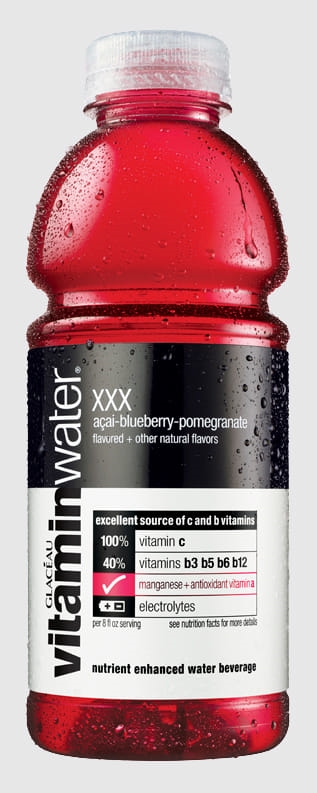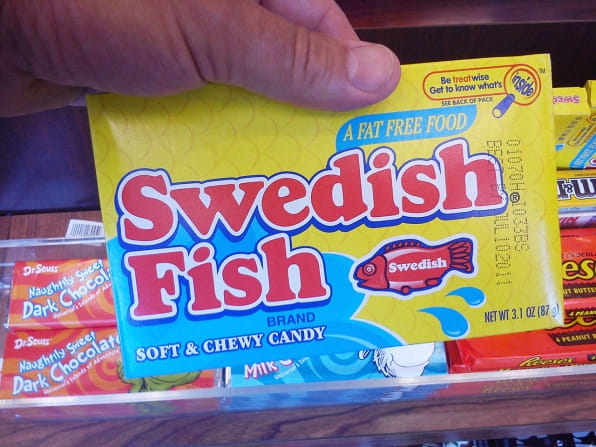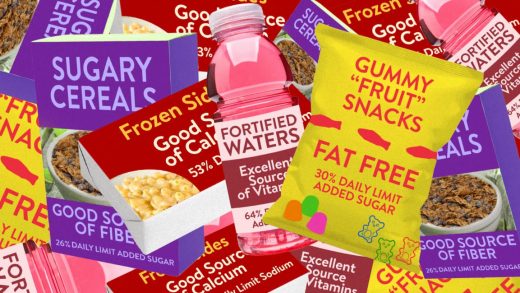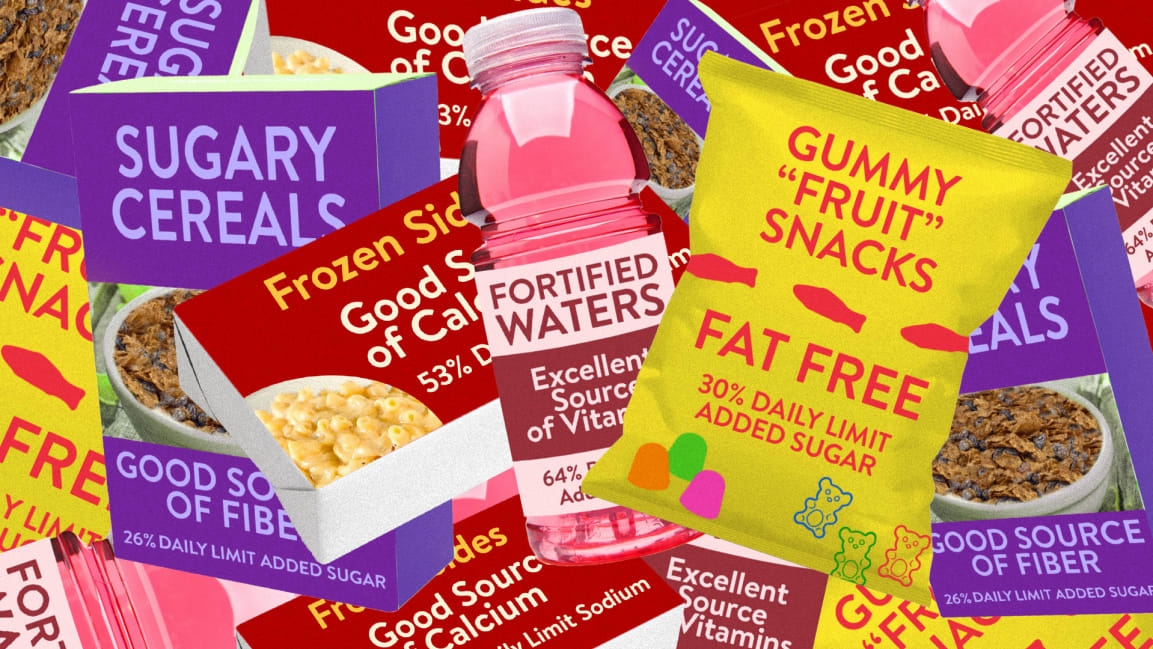This petition asks the FDA to stop unhealthy foods from advertising their one healthy ingredient
Pick up a bottle of Vitamin Water, and the front of the label says that you’ll be getting your daily dose of Vitamins B and C–without mentioning the fact that the drink has 32 grams of sugar. This type of front-of-label claim is common in the packaged-food world: A product might emphasize that it’s a “good source of protein” without mentioning fat, or a “good source of fiber” without mentioning sugar. Even some candy uses a “fat-free” label to give a veneer of health that might last until you flip the package over and see the full list of ingredients.

A new petition asks the FDA to update its regulations for these claims. “We realized that the entire nutrient content claim regime was broken,” says Daniel Lubetzky, CEO of the snack company Kind, which worked with public health experts on the petition. (Kind makes products like a dark chocolate, nuts, and sea salt bar that lists the sugar content on the front.) “And as a consequence, there’s just a lot of rampant abuse where consumers are not being well informed. They’re being deceived and they’re buying things that they think are helpful because of claims like ‘excellent source of vitamins’ when in fact it might be just a sugar delivery vehicle.”
The petition suggests that companies shouldn’t be able to make this type of claim on a label if the product contains a high amount of something problematic such as saturated fat or sugar. Instead, it recommends that the claims should only be allowed when products have meaningful amounts of healthy foods like vegetables or whole grains. Last, the petition suggests that products should disclose added sugar and trans fats on the front of a package. (This isn’t Kind’s first interaction with the FDA: In 2016, it clashed with the agency about the definition of the word “healthy.”)

In a survey, Kind found that around 68% of consumers consider nutrition claims when choosing what to buy; more than half agreed that the FDA should update its regulations. “We will not take any issue with people making whatever choices they want,” says Lubetzky. “Through these in partnership with public health experts, we’re trying to ensure that people are not duped and that they’re getting the right information and they’re not manipulated.”
(23)



